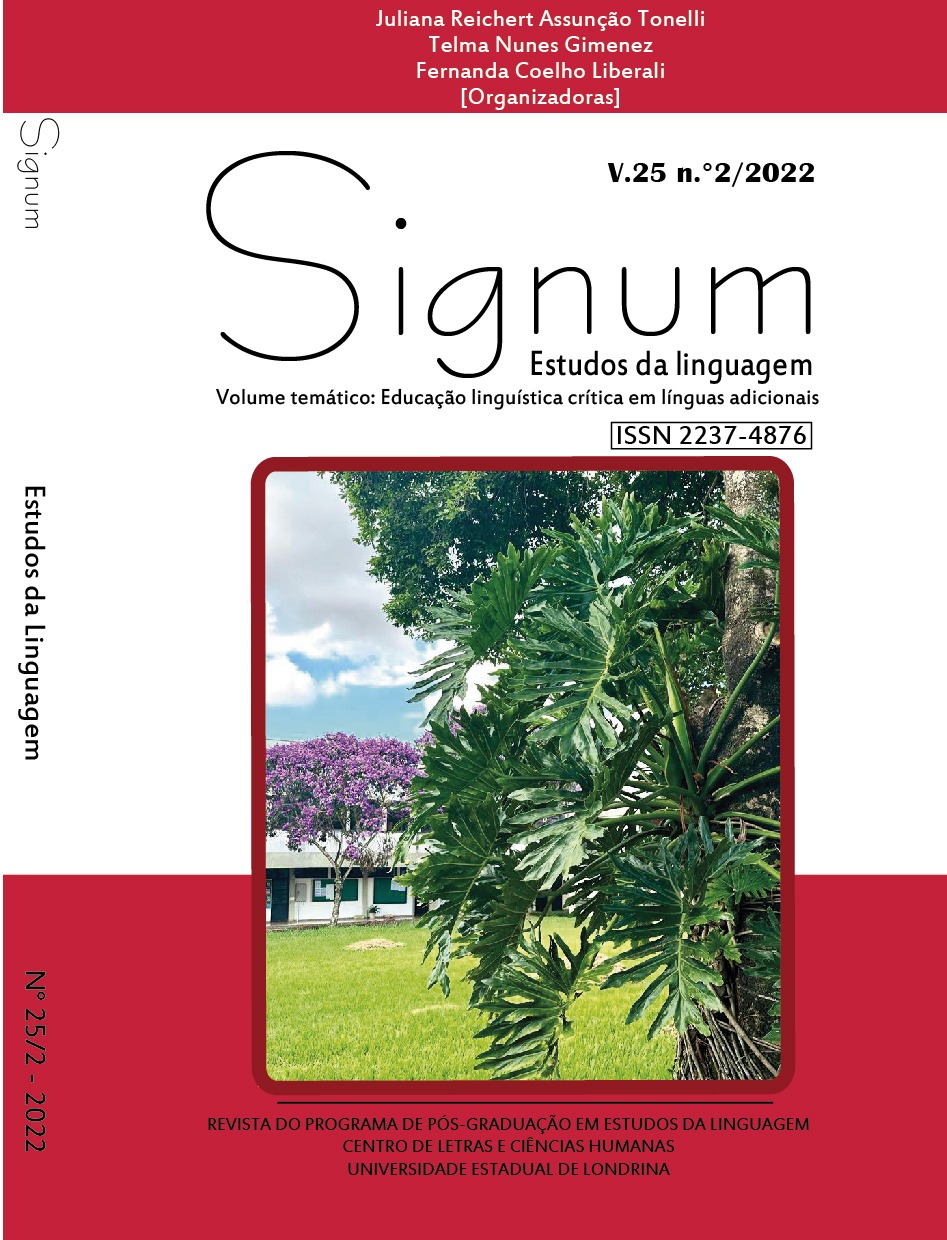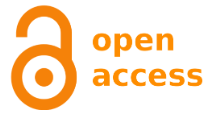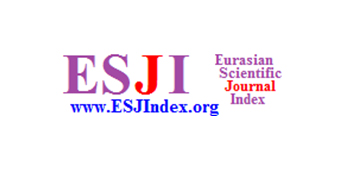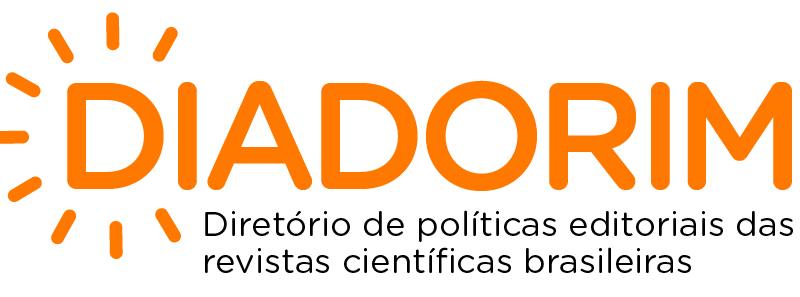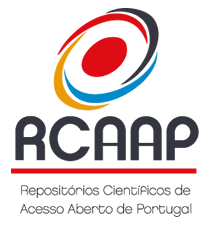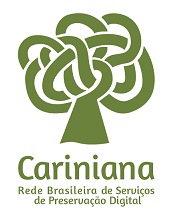Estudando o Conceito do Amor na Educação Linguística:
uma revisão dos estudos dentro da abordagem crítica
DOI:
https://doi.org/10.5433/2237-4876.2022v25n2p24Palavras-chave:
Amor, Abordagem Crítica, Educação LinguísticaResumo
O amor é um fenômeno e uma emoção universal. Apesar de sua importância, esse conceito
não tem sido foco de estudos na educação linguística, com algumas exceções. Essa reticência
e desconforto em pesquisar sobre o amor na academia e na educação estão relacionados às
concepções simplificadas sobre o amor que o iguala somente a relações íntimas e assuntos
familiares (PATIENCE, 2008), bem como a exclusivamente o amor romântico (VINCENT,
2010). Neste artigo, reviso alguns estudos internacionais que tiveram como foco o conceito
do amor na educação dentro de uma perspectiva crítica. Para isso, primeiro traço um
panorama da crise atual na qual nos encontramos, e que torna ainda mais importante falar
sobre amor. Em seguida, discuto seis estudos que investigaram sobre o conceito de amor
dentro da abordagem crítica (no contexto norte-americano). Concluo sugerindo reflexões
e implicações para a prática e resumindo os principais elementos de uma abordagem crítica
do amor revolucionário para a formação e professores e para o ensino e aprendizagem de
línguas.
Downloads
Referências
BARCELOS, Ana Maria F. Pedagogy of love: a metasynthesis of studies in education and implications for
language teaching. 2019. 29 f - Relatório (Pós-doutorado) - Universidade Federal de Viçosa, Departamento
de Letras.
BARCELOS, Ana Maria F. Revolutionary love and peace in the construction of an English teacher's
professional identity. In: OXFORD, Rebecca; OLIVERO, María M.; HARRISON, Melinda. Peacebuilding
in language education: innovations in theory and practice. Bristol: Multilingual Matters, 2021. p. 96-109.
BARCELOS, Ana Maria F.; ARAGÃO, Rodrigo C. Emotions in language teaching: a review of studies
on teacher emotions in Brazil. Chinese Journal of Applied Linguistics, Beijing, China, v. 41, n. 4, p. 506-531,
BARCELOS, Ana Maria F.; COELHO, Hilda Simone H. Language learning and teaching: What's love got to
do with it. Positive Psychology in SLA, Bristol, v. 97, p. 130-144, 2016.
BUSCAGLIA, Leo. Vivendo, amando e aprendendo: para compreender melhor a vida e o amor. Rio de Janeiro:
Viva Livros, 2016.
BYRON, Amanda S. Storytelling as loving praxis in critical peace education: a grounded theory study of
postsecondary social justice educators. 2011. 245 p. These (Doctor of Education in Educational Leadership:
Curriculum and Instruction) - Portland State University, Portland, 2011.
CHABOT, Sean. Love and revolution. Critical Sociology, Eugene, US, v. 34, n. 6, p. 803-828, nov. 2008.
COLONNA, Sara; NIX-STEVENSON, Dara. Radical love: love all, serve all. International Journal of Critical
Pedagogy, Greensboro, NC, v. 6, n. 1, p. 5-25, 2015.
DOUGLAS, Ty-Ron; NGANGA, Christine. What's radical love got to do with it: navigating identity,
pedagogy, and positionality in pre-service education. The International Journal of Critical Pedagogy, Greensboro,
v. 6, n. 1, p. 58-82, 2015.
FREIRE, Paulo. Pedagogia da autonomia. São Paulo: Paz e Terra, 1996.
FREIRE, Paulo. Pedagogy of the city. New York: The Continuum International Publishing Group, 1993.
FREIRE, Paulo. Teachers as cultural workers: letters to those who dare teach. Boulder: Westview Press, 2005.
FREIRE, Paulo. Pedagogia do oprimido. 23. ed. Rio de Janeiro, Paz e Terra, 1994.
GIDLEY, Jeniffer. Pedagogical love: an evolutionary love. In: GIDLEY, Jeniffer. Postformal education:
a philosophy for complex futures. New York: Springer, 2016. p. 189-206.
GOLDSTEIN, Lisa. Teaching with love: a feminist approach to early childhood education. New York: Peter
Lang, 1997.
HATTAM, Robert; ZEMBYLAS, Michalinos. What's anger got to do with it? Towards a post-indignation
pedagogy for communities in conflict. Social Identities, Abingdon, v. 16, n. 1, p. 23-40, Jan. 2010.
HOOKS, Bell. All about love: new visions. New York: William Morrow, 2000.
HOOKS, Bell. Outlaw culture: resisting representations. New York: Routldge, 2006.
HOOKS, Bell. Teaching community: a pedagogy of hope. New York: Routledge, 2003.
HOOKS, Bell. Teaching to transgress: education as the practice of freedom. London: Routledge, 1994.
LANAS, Maija; ZEMBYLAS, Michalinos. Revolutionary love at work in an arctic school with conflicts.
Teaching Education, Columbia, SC, US, v. 26, n. 3, p. 272-287, Jan. 2015a.
LANAS, Maija; ZEMBYLAS, Michalinos. Towards a transformational political concept of love in critical
education. Studies in Philosophy of Education, New York, v. 34, p. 31-44, 2015b.
PATIENCE, Allan. The art of loving in the classroom: a defence of affective pedagogy. Australian
Journal of Teacher Education, Perth, AU, v. 33, n. 2, p. 55-67, May 2008. DOI: http://dx.doi.org/10.14221/
ajte.2008v33n2.4
SCHODER, Edward. Paulo Freire's pedagogy of love. 2010. 92 f. These (Doctor of Education) - University
of New Jersey, New Brunswick, 2010.
SMITH-CAMPBELL, Charmaine J. Freirean pedagogical love in P-12 education: a theory-to-practice investigation.
347 f. These (Doctor of Philosophy) - Mercer University, Atlanta, GA, 2018.
Signum: Estudos da Linguagem, Londrina, v. 25, i. 2, p. 24-35, Aug. 2022 34
VINCENT, Jennifer. Teaching (with) love: relational engagement in educational settings. 2016. 112 p. Thesis
(Master of Arts) - University of Victoria, Victoria, 2016.
ZEMBYLAS, Michalinos. Towards a transformational political concept of love in critical education. Studies
in Philosophy and Education, Dordrecht, NL, v. 34, n. 1, p. 31-44, 24 abr. 2014. Springer Science and Business
Media LLC.
Downloads
Publicado
Como Citar
Edição
Seção
Licença
Copyright (c) 2023 Signum: Estudos da Linguagem

Este trabalho está licenciado sob uma licença Creative Commons Attribution-NonCommercial-NoDerivatives 4.0 International License.
Signum: Estudos da linguagem, publica seus artigos licenciados sob a Licença Atribuição-NãoComercial-CompartilhaIgual 4.0 Internacional. Esta licença permite que terceiros façam download e compartilhem os trabalhos em qualquer meio ou formato, desde que atribuam o devido crédito de autoria, mas sem que possam alterá-los de nenhuma forma ou utilizá-los para fins comerciais. Se você remixar, transformar ou desenvolver o material, não poderá distribuir o material modificado.
